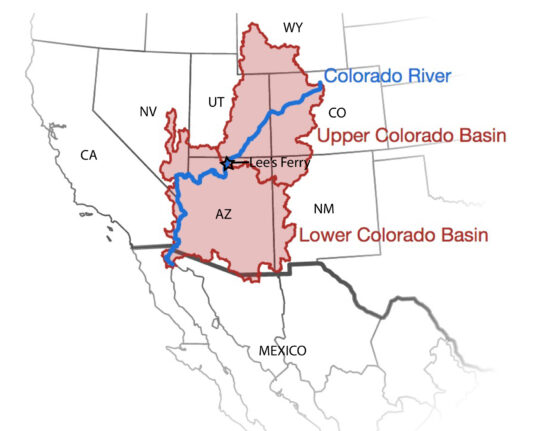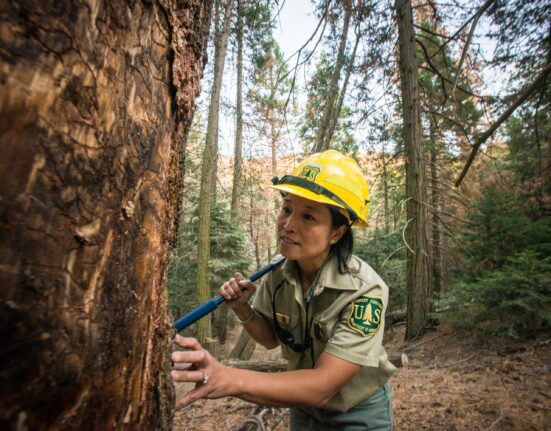Illinois is facing a monumental challenge in protecting the Great Lakes from invasive Asian carp that could wreak havoc on Lake Michigan’s delicate ecosystem. The state has embarked on a crucial mission to prevent these predatory fish from infiltrating the Great Lakes through a strategic project known as the Brandon Road Interbasin Project.
Last week, Illinois officials acquired a 50-acre riverbed parcel in Chicago, marking a significant step in their efforts to construct a $1.1 billion barricade at Brandon Road. This ambitious project aims to create a barrier that will prevent the Asian carp from advancing further into the Great Lakes region. However, there’s a twist in this plan – the land earmarked for expansion is contaminated with toxic coal ash residue left behind by a former power plant.
The urgency of this situation cannot be overstated, as the invasive carp pose a grave threat to Lake Michigan and its surrounding waterways. Don Jodrey, director of federal relations for Alliance for the Great Lakes, expressed concerns about delays in securing and remediating additional lands needed for the project:
“I do not know why Illinois is holding out on transferring the rest of the lands… Those lands are needed right now.”
The potential consequences of not acting swiftly are dire. With just 40 miles separating the carp from Lake Michigan, time is of the essence in implementing effective containment measures. The longer Illinois delays in addressing this environmental hazard, the greater the risk of irreversible damage to one of North America’s most vital freshwater ecosystems.
Experts have identified four species of invasive carp native to China – bighead, black, grass, and silver carp – as major threats due to their rapid proliferation and destructive feeding habits. Cory Suski, an environmental scientist at University of Illinois Urbana-Champaign who has extensively studied these fish, described their impact:
“It’s hard to really put into words until you’ve seen thousands of carp in the air jumping out of the water.”
Fortunately, efforts are underway to mitigate this crisis. The Brandon Road project represents a sophisticated defensive strategy involving innovative techniques such as electric shocks and sound waves to deter these harmful invaders. Despite challenges like pollution concerns and financial burdens associated with remediation work required at contaminated sites like Joliet property owned by Midwest Generation, progress is being made towards safeguarding Lake Michigan.
Faith Bugel from Sierra Club emphasized ongoing legal battles aimed at holding responsible parties accountable for addressing pollution issues linked to coal ash disposal practices:
“Now we are in… deciding what remedy… response… violations.”
These developments underscore broader environmental implications tied to industrial activities impacting natural resources like water bodies.
As Illinois navigates complex decisions balancing ecological preservation with economic considerations regarding funding allocation for environmental clean-up initiatives like Brandon Road project , it faces critical choices that will shape future conservation efforts around protecting precious natural habitats against imminent threats posed by invasive species like Asian carp.
Donating today can help support crucial conservation projects aimed at preserving our invaluable natural resources for generations to come.









Leave feedback about this